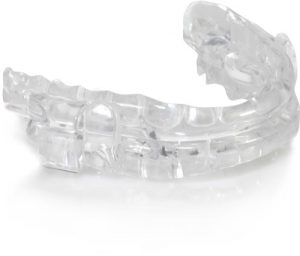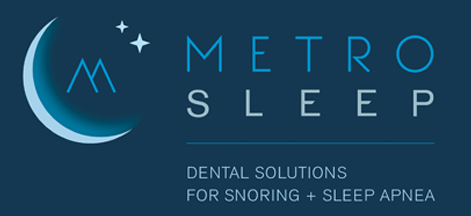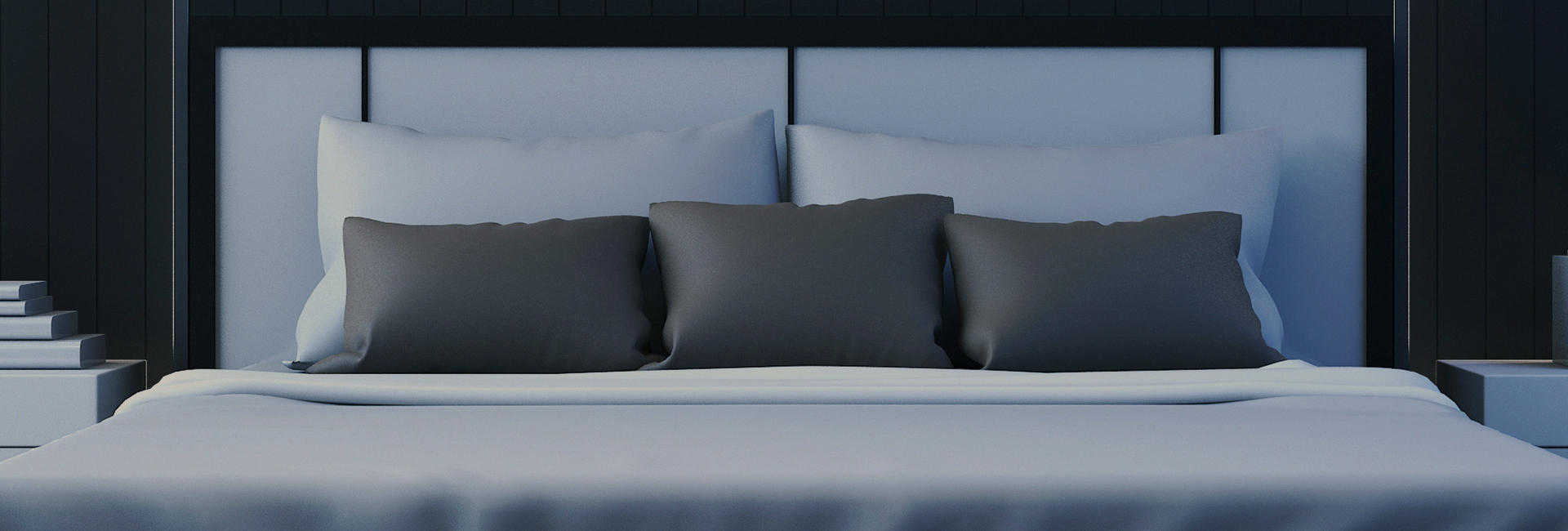
Oral Appliance Therapy
These devices are custom fitted by dentists with special expertise and training in treating sleep apnea. They fit in the mouth, similar to a retainer or mouth guard. They open your airway by moving your lower jaw and tongue forward while you sleep. They are small, comfortable and effective.
Sleep apnea often responds to oral appliance therapy, which prevents the conditions that cause airway blockage by holding the tongue or jaw in a forward position, keeping the soft tissues at the back of the throat out of the vicinity of the airway. The appliance feels similar to a mouthguard and is quite comfortable, which is why many patients prefer this treatment method over a Continuous Positive Airway Pressure (CPAP) mask that forces air into the airway to keep it open.
If you are experiencing symptoms of sleep apnea, call our office to schedule an evaluation. We can offer you effective treatment to eliminate your symptoms and reduce the health risks that have been linked to sleep apnea.
- No noise from machines or in-mask breathing
- Easy to clean
- Small and portable
- Convenient for travel
- No electricity required
- Comfortable and easy to use
- Reduce or prevent bruxism (grinding)
- No hoses to get tangled in during sleep
- No mask to cause skin irritations
- No feelings of claustrophobia
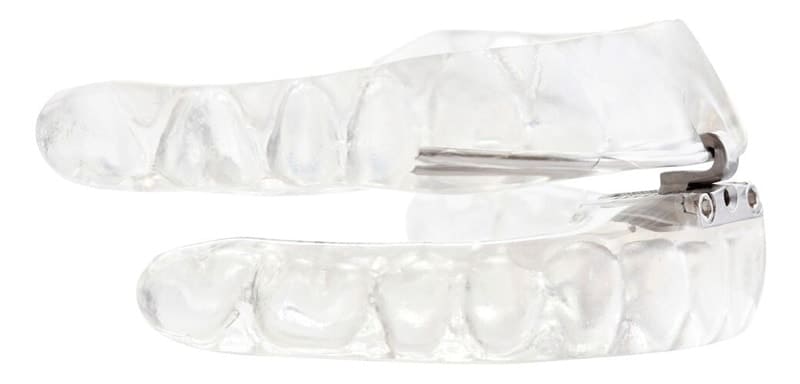
Comparing And Contrasting CPAP And Oral Appliance Therapy
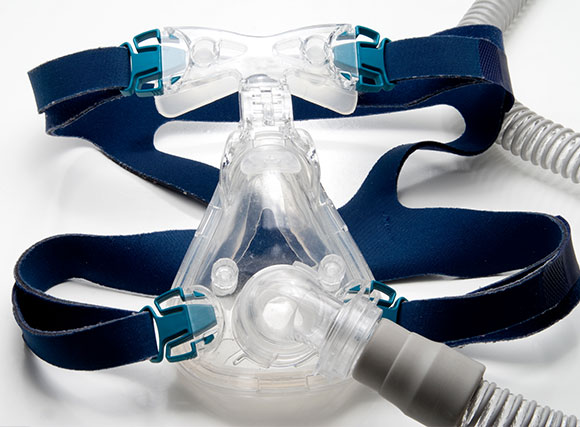
CPAP and Oral appliance therapy differ in significant ways. The CPAP mask forces air into the airway in order to keep it open. An oral appliance adjusts the positioning of the jaw or tongue to reduce the likelihood of an airway obstruction during sleep. The CPAP covers a sizeable portion of the patient’s face and can make them feel uncomfortable or even claustrophobic, while an oral appliance is worn inside of the patient’s mouth and is much more tolerable. The CPAP device is also inconvenient for travel, while an oral appliance can be easily stowed into a patient’s luggage.
